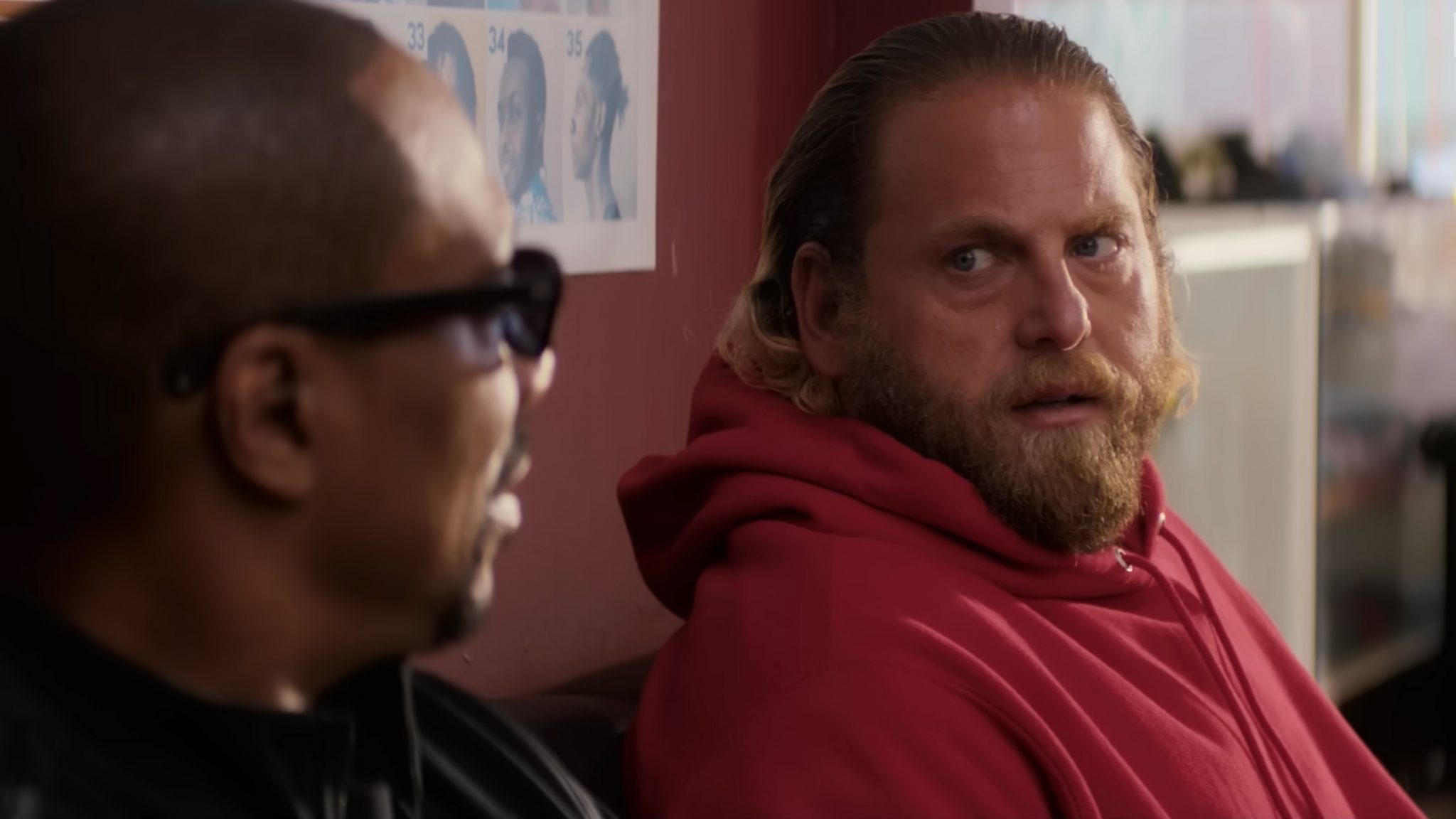“So, do you hang out in the hood all the time, or do you just come up here for our food and women,” a disapproving Akbar, played by Eddie Murphy, says. Akbar is a Black Muslim man whose daughter’s white Jewish boyfriend has invited him and his wife Fatima, played by Nia Long, out to lunch to ask for their daughter’s hand in marriage.
You People is a fresh look at race relations that reflects the current social climate. This contemporary spin on Guess Who and Meet the Parents tackles race and interfaith relationships.
[Robots could take over the kitchen]
Ezra Cohen, played by Jonah Hill, is obsessed with sneaker culture and streetwear and falls in love with Amira Mohammed, played by Lauren London, who is a costume designer from Baldwin Hills. What seems like an unlikely meeting at first becomes a budding romance. The couple bonds over their love for streetwear and embraces their Los Angeles culture.
The pivotal scene in the film is when Ezra and Amira have their parents meet each other for the first time and tensions erupt. An argument breaks out about the Holocaust and slavery and becomes a sort of oppression olympics, ending with a kufi accidentally being set on fire by Ezra’s mother Shelley, who is played by Julia Louis-Dreyfus.
Akbar and Shelley carry most of the film with their outlandish antics. From Akbar taking Ezra to a barber shop in the hood to Shelley accidentally ripping off a wig during a bachelorette party, Shelley’s often tone-deaf attempts to relate to Amira and Akbar’s attempts to prove that Ezra is not the right choice for his daughter soon begin to take a toll on the couple.
There are a lot of things this movie does right. It touches on the generational differences between parents and children. We see the priorities of parents are sometimes not the priorities of their children. The film also does a great job of depicting how new family members sometimes don’t mesh well with the family and friends you already have.
[Review: ‘That ’90s Show’ introduces a new generation to ‘That ’70s Show’]
Where the film fell flat was that there wasn’t really good chemistry between Ezra and Amira. The ending felt like they were rushing to tie up the loose ends and follow the happy ending trope. Given the film has a running time of almost two hours, it would have been interesting to explore how Ezra and Amira move on after not working out, but I understand wanting to give the audience a happy ending.
With recent antisemitic comments from Ye and Kyrie Irving, two very prominent Black men, this film feels timely. This film makes clear that while there is a lot that connects distinct communities, communities could be more compassionate toward one another.



